News
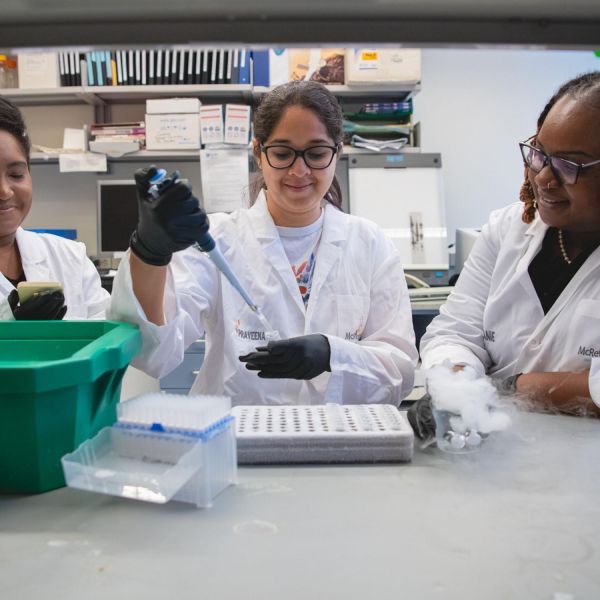
Aug 22, 2024
Cancer drug could treat early-stage Alzheimer’s disease, study shows
A type of drug developed for treating cancer holds promise as a new treatment for neurodegenerative diseases such as Alzheimer’s, according to a recent study by researchers at Penn State, Stanford University and an international team of collaborators.
Full Article
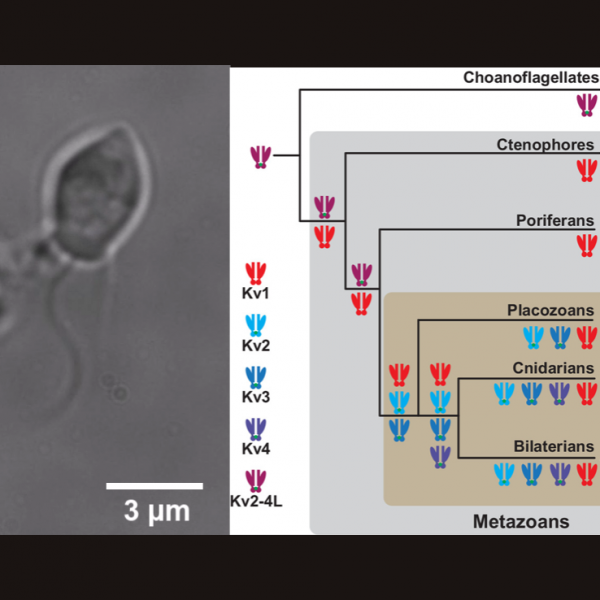
Aug 13, 2024
Rewriting the evolutionary history of critical components of the nervous system
A new study has rewritten the conventionally understood evolutionary history of certain proteins critical for electrical signaling in the nervous system. The study, led by Penn State researchers, shows that the well-studied family of proteins — potassium ion channels in the Shaker family — were present in microscopic single cell organisms well before the common ancestor of all animals.
Full Article
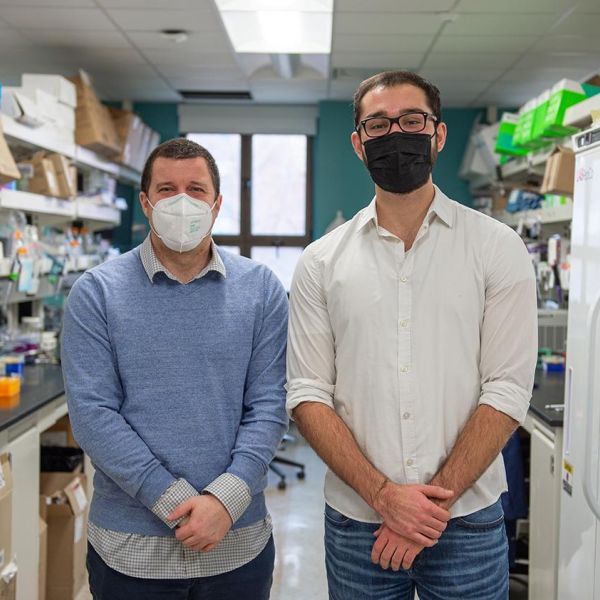
Jul 08, 2024
Re-engineering cancerous tumors to self-destruct and kill drug-resistant cells
A team led by Penn State researchers has created a modular genetic circuit that turns cancer cells into a “Trojan horse,” causing them to self-destruct and kill nearby drug-resistant cancer cells. Tested in human cell lines and in mice as proof of concept, the circuit outsmarted a wide range of resistance.
Full Article
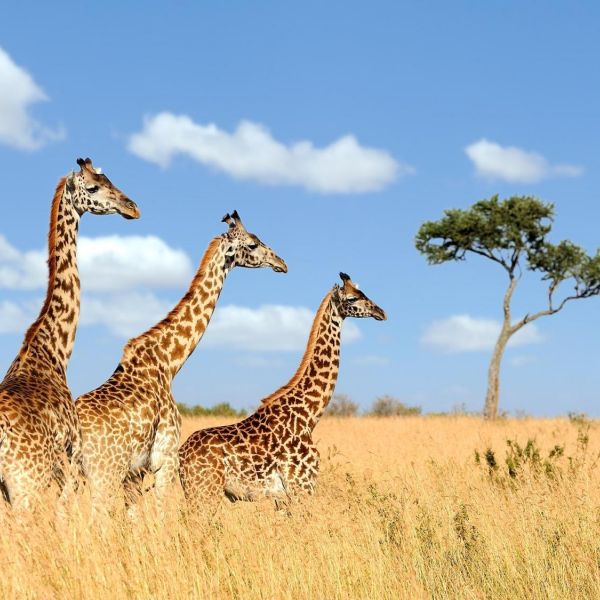
Jun 03, 2024
Food, not sex, drove the evolution of giraffes’ long neck, new study finds
Why do giraffes have such long necks? A study led by Penn State biologists explores how this trait might have evolved and lends new insight into this iconic question. The reigning hypothesis is that competition among males influenced neck length, but the research team found that female giraffes have proportionally longer necks than males — suggesting that high nutritional needs of females may have driven the evolution of this trait.
Full Article
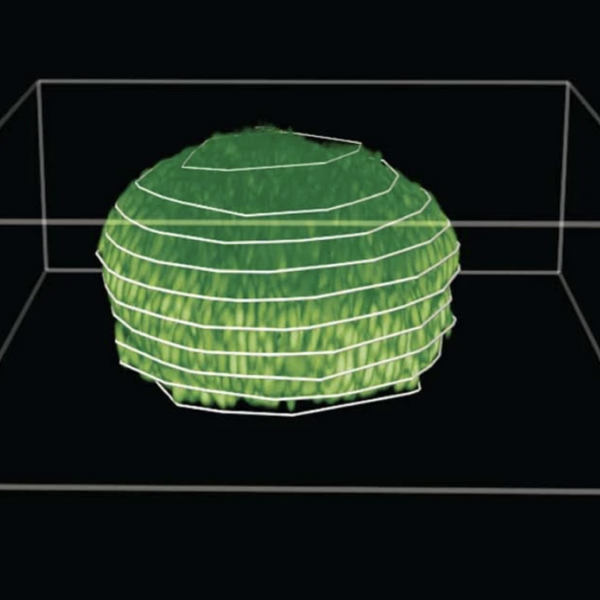
Dec 07, 2023
Growing biofilms actively alter host environment, new study reveals
A new study led by Penn State researchers reveals exactly how growing biofilms shape their environments and fine-tune their internal architecture to fit their surroundings.
Full Article
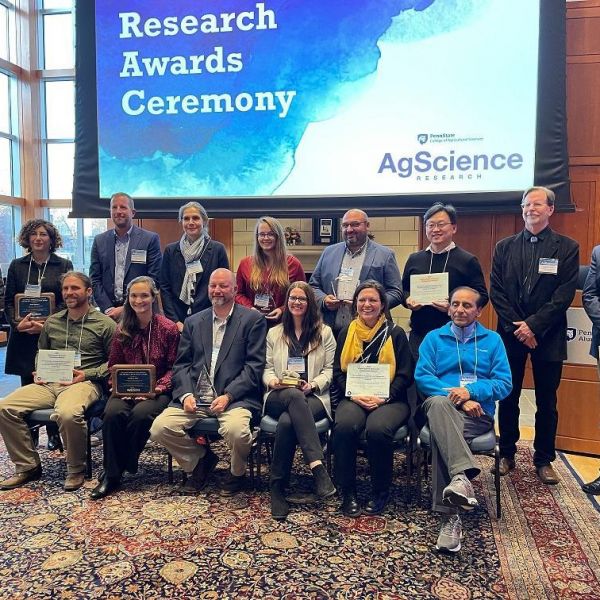
Nov 28, 2023
College of Ag Sciences recognizes faculty, staff for research achievements
Penn State’s College of Agricultural Sciences lauded outstanding accomplishments in research during the 2023 Research Awards Ceremony, held Nov. 1 at the Hintz Family Alumni Center on the University Park campus.
Full Article
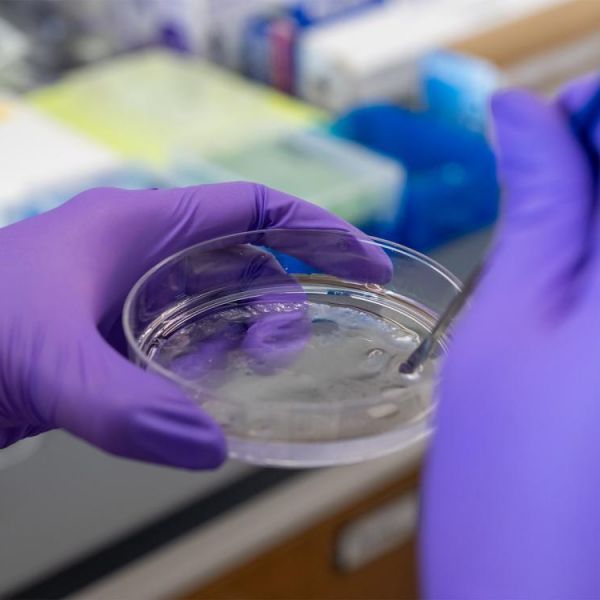
Oct 09, 2023
Novel hydrogel finds new aptamers, or ‘chemical antibodies,’ in days
One double-helix strand of DNA could extend six feet, but it is so tightly coiled that it packs an entire sequence of nucleotides into the tiny nucleus of a cell. If that same DNA was instead split into two strands and divided into many, many short pieces, it would become trillions of uniquely folded 3D molecular structures, capable of bonding to and possibly manipulating specifically shaped molecules — if they’re the perfect fit.
Full Article

Apr 20, 2023
Grad Students in Huck Labs Win Awards for Innovative Research
Two graduate students—one in the Huck's Neuroscience program and the other in the Eberly College of Science's BMMB program—have been named recipients of an award available to those working in Biochemistry and Molecular Biology labs. Both PIs are also part of the Huck.
Full Article
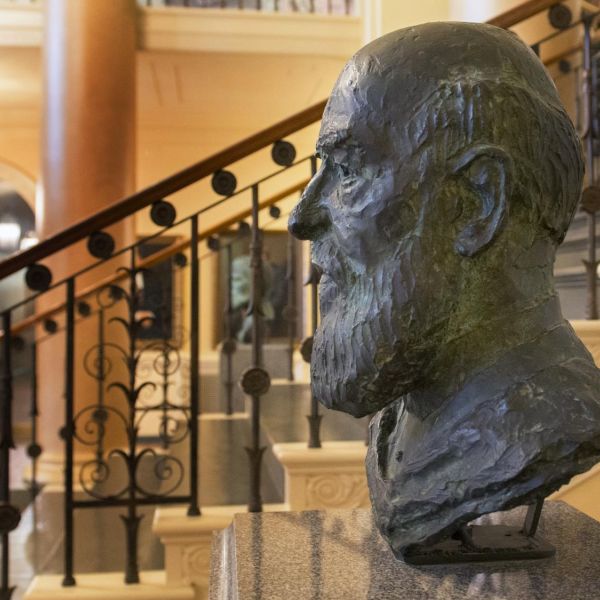
Apr 13, 2023
Penn State announces 2023 University-wide faculty and staff awards
Each spring, Penn State recognizes outstanding faculty and staff with annual awards in teaching and excellence. These awards highlight many of the University's faculty and staff who go above and beyond in their work at Penn State.
Full Article

Feb 27, 2023
McGraw elected as a Fellow of the American Academy of Microbiology
Elizabeth "Beth" McGraw, professor and department head of biology and Huck Scholar in Entomology at Penn State, has been elected as a Fellow of the American Academy of Microbiology.
Full Article